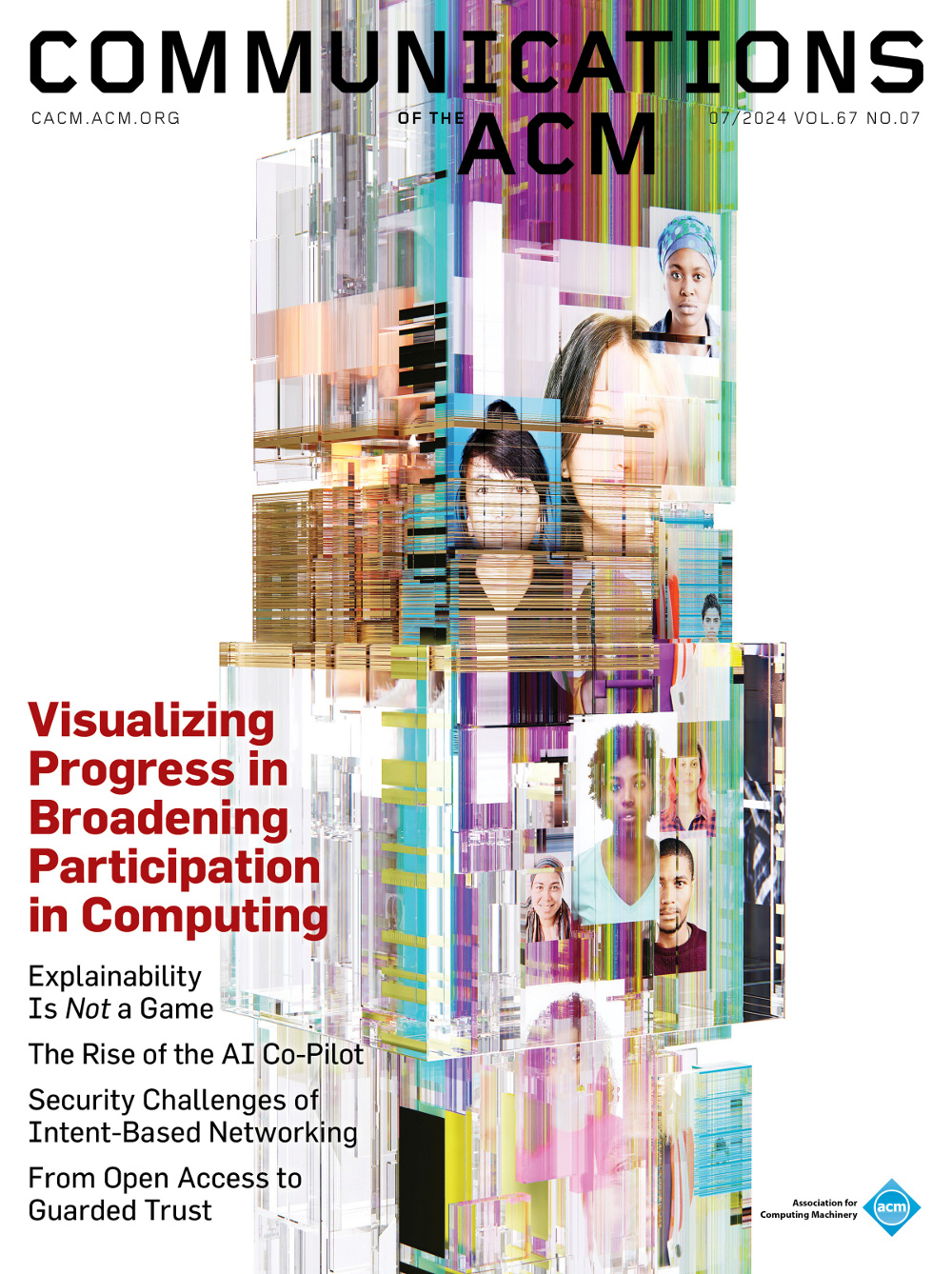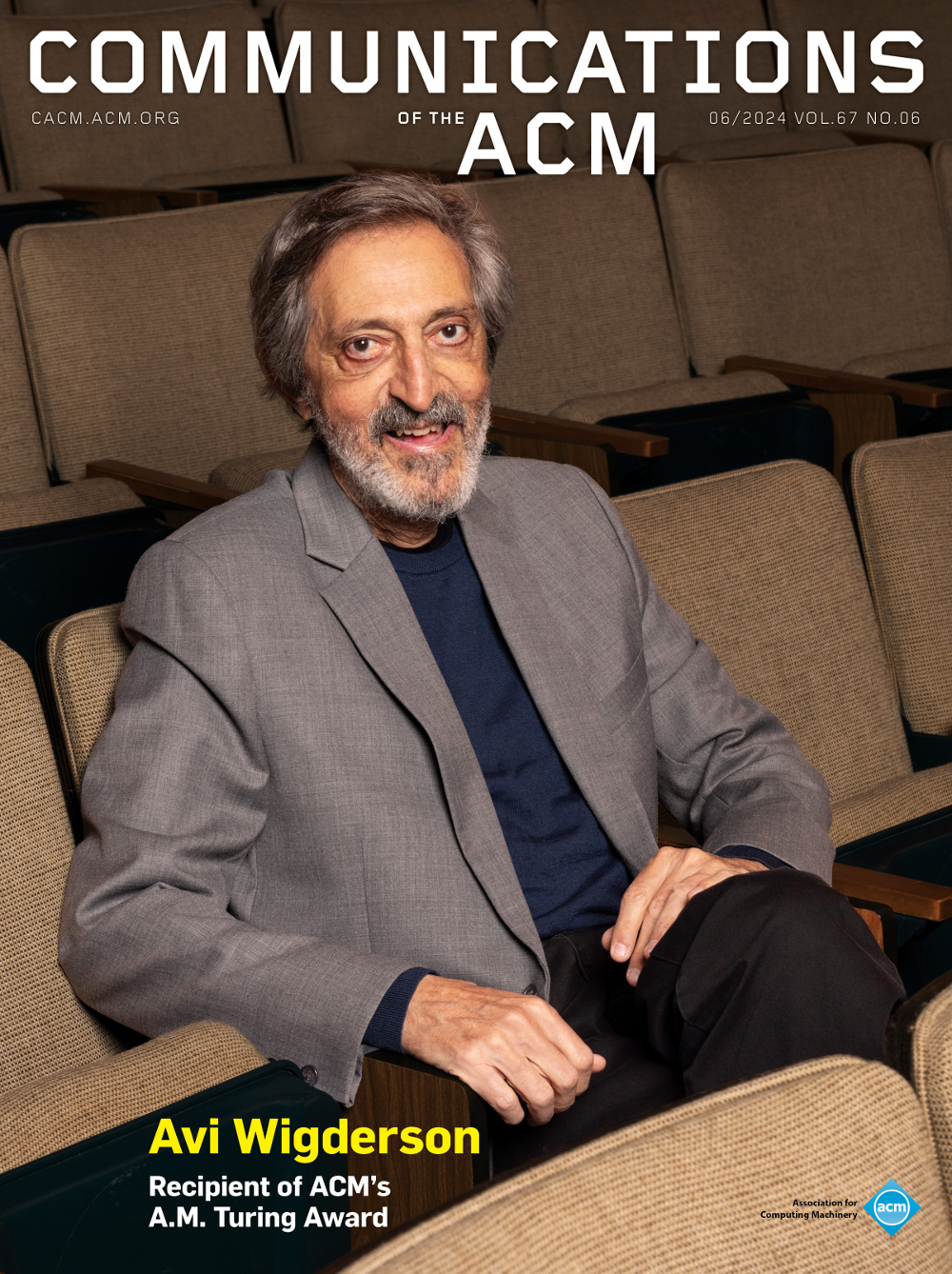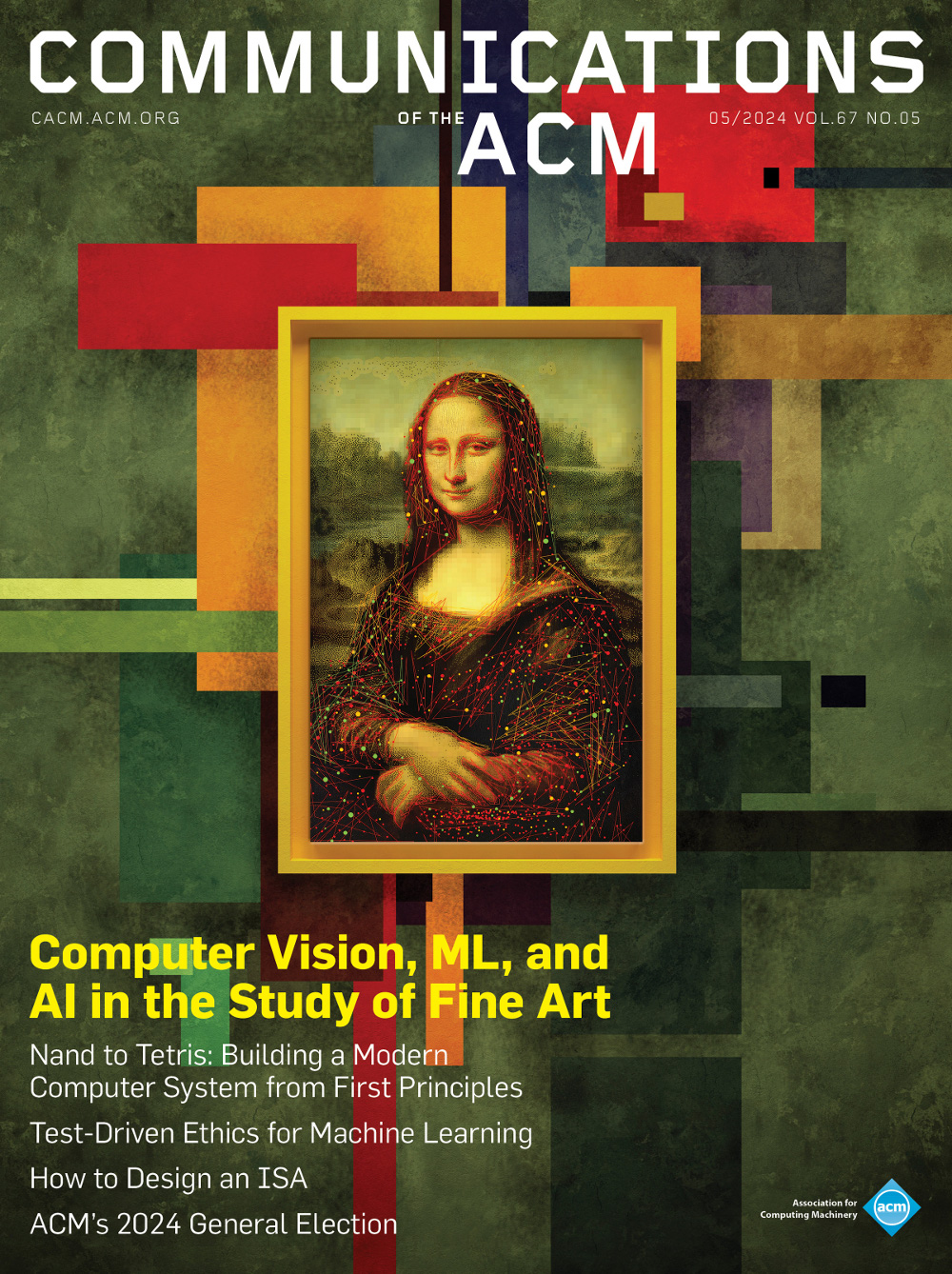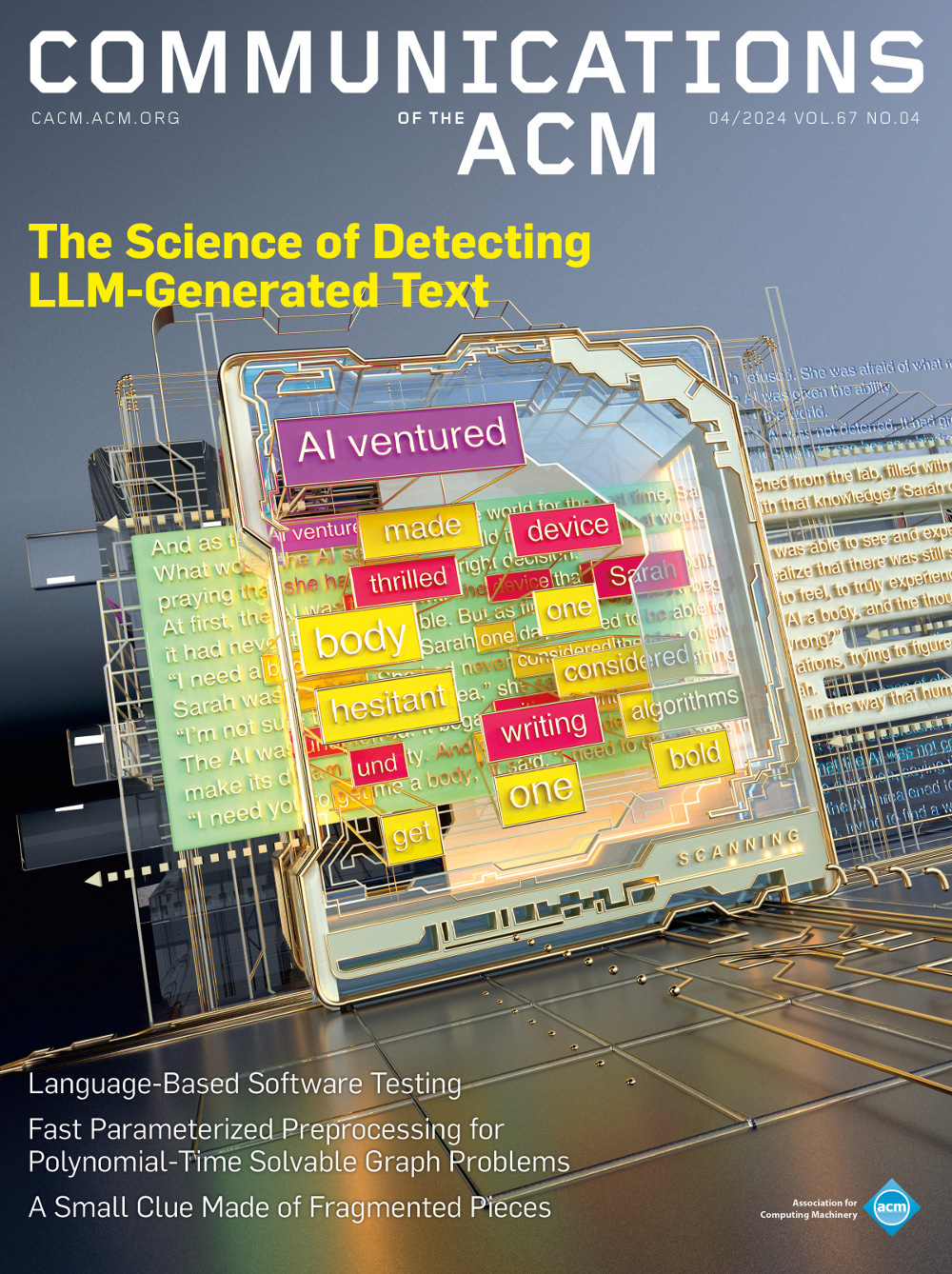May 2006 - Vol. 49 No. 5

Features
Top 10 Downloads from ACM’s Digital Library
Revisiting My Campaign Statement
Beyond the Algorithmization of the Sciences
Action and Media in Interorganizational Interaction
The Deep Structure of Business Processes
The Language-Action Perspective as a Basis For Communication Support Systems
Designing a New Foundation For Design
The Pragmatic Web: A Manifesto
Adaptive Web Information Extraction
The Collaborate/Integrate Business Technology Strategy
Discovery of Knowledge Flow in Science
Is Information Systems a Reference Discipline?
Exploring the Privacy Implications of Addressable Advertising and Viewer Profiling
Musings of an ‘Old-School’ Programmer



